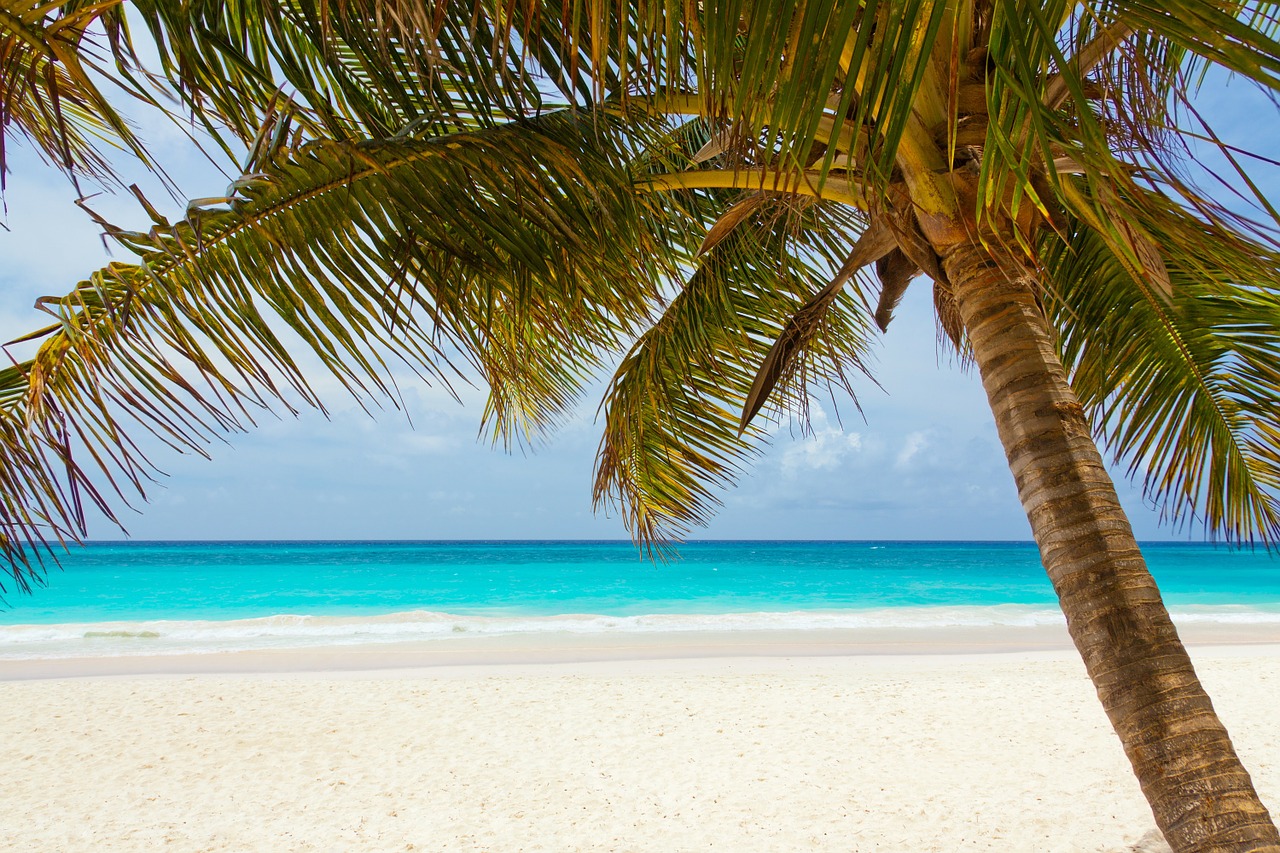
The landscape of medical training will monumentally shift over the next several years. According to the American College of Graduate Medical Education(ACGME) and the American Osteopathic Association (AOA), both organizations will merge all residency programs by July 1, 2020. As innocuous as it may seem for U.S. graduates, it should strike some fear into the hearts of current Caribbean medical students that will match after this date. So, why do I say this and what are the implications of this immense change? Well, let’s start at the beginning and then we will discuss the final meaning of all of this.
The Historical Truth Behind The Separate Pathways Of The AOA and ACGME
As many of you may already know, for years, the AOA and ACGME had separate pathways for internship and residency. I liked to think of these pathways as “separate but equal,” kind of like the old segregationist south. ACGME and AOA accredited residencies were undoubtedly separate, but not equal! Most applicants considered AOA residencies to be the second tier. Typically, they did not have the same depth of resources as ACGME accredited residencies. Moreover, the AOA required their residents to participate in AOA accredited residencies which often were not ACGME accredited.
What Will Happen Now?
Well, all of this “separate but equal” business will now become history as of 2020. AOA residents will be able to choose to go to any residency program throughout the country. Likewise, AOA programs across the country will either abide by the ACGME rules and convert or fold. Bureaucracy will no longer hand-tie these U.S. osteopathic students into joining second rate residency programs. Significant numbers of “new” U.S. medical students will enter the NRMP residency match for allopathic spots.
So, how will this sea change of the AOA/ACGME merger affect the typical Caribbean medical student applicant? Well, for the Caribbean medical student applying to radiology, the winds of change from the merger will not be blowing in their direction.
Now, with the merger, you will have more osteopathic residents from the United States competing for the same spots as the foreign medical graduates previously. Additionally, these American osteopathic students will have the advantage of coming from American medical schools. At the same time, most residency programs are biased toward accepting U.S. graduates. And finally, these increasing headwinds do not even include the growing numbers of medical students in Caribbean schools. Nor does it include the more slowly increasing number of residency slots throughout the country compared to applicants. (1)
What Will Happen To The Caribbean Medical School Applicants That Cannot Find A Spot?
In total, these new factors will create the “perfect storm” to decrease the chance of acceptance for a Caribbean applicant. For the more accomplished Caribbean students, they will be forced to enter other less competitive residency programs such as family medicine. Additional subspecialties will become too difficult to match for the foreign grad. But the picture becomes even more worrisome for those Caribbean residents toward the bottom of the class. These students may no longer be able to get into any residency. And, we will begin to see a wave of increasing unemployed Caribbean trained physicians. These unfortunate casualties will be unable to shoulder their enormous student loans without a residency slot. Even worse, some will have their debt garnished from their wages in
What Does This All Mean For Current Medical School Applicants?
Based on the new ACGME/AOA merger and all of its subsequent implications for medical students, a Caribbean medical student applying for a residency slot in 2020 will likely not have the same chances for acceptance as a student from 2019. So, keep that in mind that if you decide to send an application to a Caribbean medical school. The previous statistics that Caribbean schools will show you will no longer apply. Moreover, you cannot count on numbers such as percent acceptance to U.S. graduate schools from the past several years. To confirm my theory, carefully watch the National Residency Matching Program results (NRMP) results. See how the new percent match for foreign and Caribbean graduates change for the 2020 match and beyond. Bottom line. Consider application to alternative United States osteopathic programs instead of Caribbean medical schools as a backup to standard allopathic programs. Caveat emptor. Let the buyer beware!






